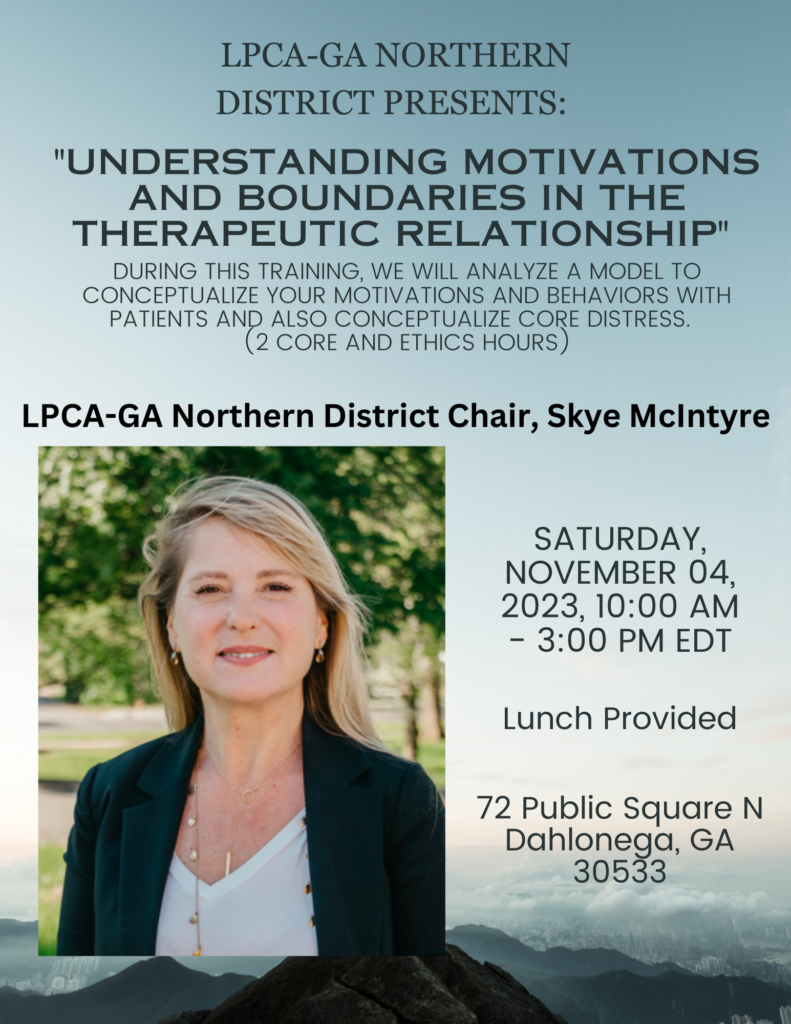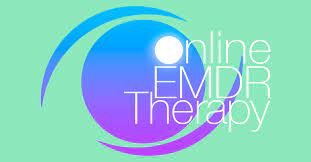SkyeHelps Counseling & Wellness offers in-person and online trauma therapy. This article will present three recent studies that show that online trauma therapy is effective, and is as effective as in-person PTSD treatment utilizing EMDR.
We generally see three distinct categories of trauma:
- Singular/Acute Trauma – a one time event such as a car wreck, assault, or accidental injury;
- Complex/Chronic Trauma – a series of traumatic events or one traumatic event that has a years-long cascading effect; and
- Developmental Trauma – interpersonal danger, maltreatment, and inadequate caregiving occurring in childhood that affects a person’s sense of self and safety.
Trauma treatment counseling for PTSD takes a multidimensional approach by a skilled counseling clinician that includes Eye Movement Desensitization and Reprocessing (EMDR), Internal Family Systems Therapy (IFS), Accelerated Resolution Therapy (ART), and Somatic Therapies. These PTSD counseling treatments have traditionally been administered in-person, but since the pandemic, more data on the efficacy of online trauma counseling treatment for PTSD has come available. This article will review three of the most recent published papers about EMDR counseling for PTSD delivered via online telehealth to help us answer the question, “can you trust online trauma therapy?”
The first paper addressing online PTSD counseling, published by Morris, et al., reported results on a 3-year pilot study to determine if EMDR counseling reduced trauma symptom severity. The study started with in-person PTSD counseling treatment in 2018 and continued through the first part of the pandemic utilizing an online virtual counseling platform. They concluded “No significant differences were found between the online or face-to-face modes of delivery, suggesting both options are effective.”[1] This study can helptrauma counselors feel confident that the EMDR method works online and in-person, and even in the face of interruptions to in-person PTSD counseling care, online PTSD counseling treatment may continue with no significant difference in efficacy. Online trauma therapy is effective.
The second paper addressing online PTSD counseling treatment is a medical chart review by Liou, et al. (2022) published in Telemedicine and e-Health that found “both in-person and virtual EMDR led to significantly improved GAD-7 scores.”[2] GAD-7 is the Generalized Anxiety Disorder assessment that rates a person’s subjective experience of anxiety with final scores ranging from 0-21. The review concluded that EMDR counseling for PTSD delivered either in-person or online resulted in significant decreases in anxiety. This analysis helps boost clinical confidence that providing online EMDR via telehealth can reduce patients’ anxiety as effectively as face-to-face EMDR counseling for PTSD. Online trauma therapy is effective.
The last paper addressing online PTSD counseling modalities utilizing EMDR was published in 2023 by Farrell, et al., which reported “a large treatment effect in the treatment of trauma and adverse memories, including co-morbid symptoms” utilizing “group EMDR therapy delivered remotely as video-conference psychotherapy (VCP).”[3] This trial, which included 85 frontline and emergency workers during the primary pandemic lockdown periods between July 2020 – March 2022, bolsters the conclusions of the previous two papers and presents deductions that virtual online EMDR counseling for PTSD is also effective for groups and not just in individual treatment. Online trauma therapy is effective.
Our understanding of how trauma affects the brain and body has increased and effective modalities have been tested and approved for treatment, such as EMDR, which created the need for accessible, ethical, and effective virtual trauma counseling. Online therapy adds another dimension that allows more PTSD patients access to care by qualified EMDR psychotherapists and counselors. SkyeHelps’ counselors are informed, trained, and certified in these trauma treatment approaches and telehealth.
If you, or someone you love, is suffering from singular, complex, or developmental trauma, has been diagnosed with PTSD, or just curious about EMDR, please reach out for help. There are excellent and effective PTSD counseling treatments and PTSD counselors available in-person and online. You can be confident that online trauma therapy is effective, and is as effective as in-person counseling.
[1] Morris, H., Hatzikiriakidis, K., Dwyer, J., Lewis, C., Halfpenny, N., Miller, R., & Skouteris, H. (2022). Early intervention for residential out-of-home care staff using eye movement desensitization and reprocessing (EMDR). Psychological Trauma: Theory, Research, Practice, and Policy. Advance online publication. https://doi.org/10.1037/tra0001418
[2] Liou, H., Lane, C., Huang, C., Mooadam, M., Joseph, M., & Hecker Du Val, J. (2022) Eye Movement Desensitization and Reprocessing in a Primary Care Setting: Assessing Utility and Comparing Efficacy of Virtual Versus In-Person Methods. Telemedicine and e-Health, 1359-1366. https://doi.org/10.1089/tmj.2021.0454
[3] Farrell, D., Moran, J., Zat, Z., Miller, P. W.., Knibbs, L., Papanikolopoulos, …Kiernan, M. D. (2023). Group early intervention eye movement desensitization and reprocessing therapy as a video-conference psychotherapy with frontline/emergency workers in response to the COVID-19 pandemic in the treatment of post-traumatic stress disorder and moral injury-An RCT study. Frontiers in Psychology, 14, 1664-1078. Retrieved from https://www.frontiersin.org/articles/10.3389/fpsyg.2023.1129912






